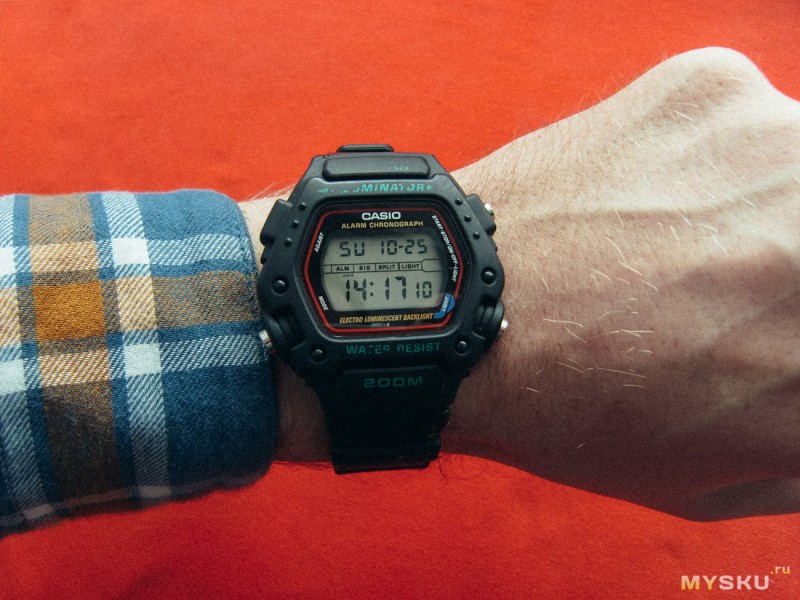Tajmer Sekundomer So Zvukovim Signalom Dlya Sorevnovanij
понедельник 11 марта admin 61
Robna razmjena republike hrvatske s inozemstvom u kunama foreign trade in goods of the republic of croatia, kuna. Izvoz i uvoz prema nkd-u 2007. Number of Class A Share issued are 200,000 shares. In accordance to the accumulation clause defined in the Company's Articles of Incorporation, the year-end.
We will be glad to assist you personally make the right choices. SwarPlug 3, now 64 bits & AAX! Swar Systems SwarPlug 3 AU/VST/RTAS/AAX 64 bit Indian plugin. Your sequencer has just gone Asian! SwarPlug is the most integrated way of adding tracks of Indian. Sebuah kata sandi akan dikirimkan ke email Anda. Password recovery. Memulihkan kata sandi anda. Swarplug 3 torrent.
• • • • • • • • • • • • Washington-backed “rebels” surrender US arms to Al Qaeda in Syria By Bill Van Auken 4 November 2014 Washington’s strategy in its three-month-old war in Iraq and Syria appeared to suffer another humiliating blow over the weekend as one of the last remaining strongholds of US-backed “moderate rebels” in the northwestern Syrian province of Idlib fell to the Nusra Front, the Syrian affiliate of Al Qaeda. The collapse of the US-backed force in Syria came amid reported plans for a major retraining of the Iraqi army in preparation for a US-orchestrated offensive against the Islamic State of Iraq and Syria (ISIS) in Iraq sometime next year. Both developments underscore the unreliability of the proxy forces the Obama administration has indicated are to serve as the “boots on the ground” in the two countries and point to the inevitable expansion of the number and role of US troops deployed to prosecute the new Middle East war. Washington Post correspondent Liz Sly, who has been one of the most enthusiastic media propagandists for the Free Syrian Army (FSA) and the so-called “moderate rebels,” questioned whether the FSA would “manage to survive the trouncing inflicted in recent days” by the Nusra Front. She described the events in Idlib as “throwing the rebels into disarray and upending the Obama administration’s hopes for a moderate alternative to Syrian President Bashar al-Assad.” The “trouncing” was accomplished without a shot being fired. Two US-backed groups, the Syrian Revolutionary Front and Harakat Hazm (Steadfastness Movement), surrendered without opposing the Al Qaeda-linked militia. It was reported that a large number of their members went over to the Nusra Front, while others fled.
The clashes between the various “rebel” groups have been developing and growing in intensity for over a year, pitting the Nusra Front and ISIS (which Al Qaeda disavowed earlier this year) against other US-backed groups as well as against each other. While these conflicts have been attributed in some instances to Islamist ideological differences, they have often arisen over control of oil and gas fields, border crossings and other sources of wealth. One of the reasons for the latest clashes appears to be the US air strikes against Nusra Front positions in Syria, carried out under the pretext of disrupting a previously unheard of “Khorasan group,” which was supposedly plotting attacks against the West. Igra otbivatj sharik platformoj skachatj. The reaction of the Nusra Front, which had previously fought together with the Western-backed militias against ISIS, has been an offensive against US-backed groups, which it sees as a threat. The US attacks also have led to a mending of fences between the Nusra Front and ISIS, which have recently fought together in joint operations.
In the latest developments, significant stocks of arms supplied by the US, including heavy weapons such as TOW anti-tank missiles and Grad rockets, have been turned over by the so-called moderates to the Nusra Front, which is classified by Washington as a foreign terrorist organization. “For the United States, the weapons they supplied falling into the hands of Al Qaeda is a realization of a nightmare,” the British daily Telegraph commented. Following the overrunning of the northern Idlib province villages previously held by the Syrian Revolutionary Front and Harakat Hazm, Nusra Front fighters have reportedly begun massing near a strategic Syrian town on the Turkish border, Bab al-Hawa, which has served as a key pipeline for arms and supplies funneled by Washington and its allies to the “rebels.” It is also a major smuggling route, providing whoever controls it with a reliable source of revenue. Despite support from the US, Saudi Arabia and the Gulf State monarchies, the so-called “moderate rebels” never developed into a serious force, with the Western-backed war for regime-change in Syria remaining dominated by extreme Islamist groups such as ISIS and the Nusra Front.
Nonetheless, Washington had hoped to draw on these “moderate” militias to carry out its stated plan to train 5,000 fighters a year as a new force to be turned against both ISIS and the Assad government. That plan now lies in ruins.
An article by independent journalist Theo Padnos in the Sunday magazine section of the New York Times on his abduction and two-year imprisonment by the Nusra Front in Syria is instructive in terms of the reliability and allegiance of supposedly “vetted” forces. In the article, entitled “My Captivity,” Padnos recounts how not once, but twice, he managed to escape from his Nusra Front captors and seek aid from the so-called moderates of the Free Syrian Army, only to be quickly handed back to the Al Qaeda-affiliated group.
